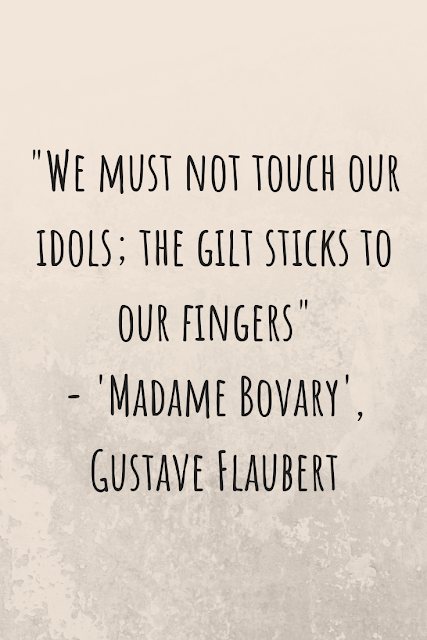Aaand here's the next classic in this little string of ones that I ended up reading all in a row. I'm pretty proud of getting my act together and posting my sixth review in short succession on my big catch up stream. What's Twixtmas for if not to get up to date on everything you've been ignoring for months?
Nineteen Eighty-Four has been on my to-read list since, well, when I started my English lit course and everyone was horrified I hadn't picked it up. 6 years on from then, I finally got around to it, and I'm so glad I didn't put it off any longer. I LOVED this book, and I can finally see why it's a must-read, so basically if you haven't picked it up yet, then go go go.
The story is told by Winston Smith, a citizen living in Britain, which is now part of Oceania, one of three major international powers (the other two being Eastasia and Eurasia). He doesn't remember a great deal of what came before the state of the world that he lives in, only that it wasn't always how it is now. Separated from his parents, Winston as an adult lives alone in a small apartment. He is woken up for work every morning by an oversized TV screen that watches his every move. Orders are barked at him through the screen, and he must always be diligent to avoid being seen as an opposition to Big Brother and the party.
Big Brother is a person that no one ever sees, but he controls every part of every day. Anyone might be a spy, so one can never speak out against the ruling party. Winston is (somewhat) lucky to not be a member of the proles - the poorer people cast out of the hub of the city and neglected - but he's curious to find out more about the memories he's lost.
You see, Winston's job is to be one of the many people who go back through old media records and update them in accordance to the party's current legislation. If they decide to be at war with Eurasia, then they must always have been at war with Eurasia, and Winston has to amend any newspaper clippings, pamphlets or books that suggest otherwise. This leads him to realise that no one's memory can be relied upon, and that there is no real historical 'truth' in their world.
Winston manages to keep his budding concerns at bay until he meets Julia. Together they start to question the party, and what's worse, outright defy it. Soon there's no going back for Winston, and everything he's ever held true comes under fire.
This book was so incredible, and yet so terrifying. It's a dystopia that's almost become true. Our electronic devices do listen in on us (have you ever spoken about something out loud only for it to pop up as an AD on Instagram??), and we are manipulated by the media to think what others want us to think. It speaks about the rhetoric we're faced with every day being pushed to the extreme, and it made me consider how scary it is that so many people tune into a show called Big Brother.
Everything about this book was powerful, and so thought-provoking. From the revolutionary 'manual' at the centre, to the writing style, to the absolute shocker of an ending, this is firmly one of my favourite books of the year and one that I know I'll re-read in the future to get even more out of it.

No comments:
Post a Comment